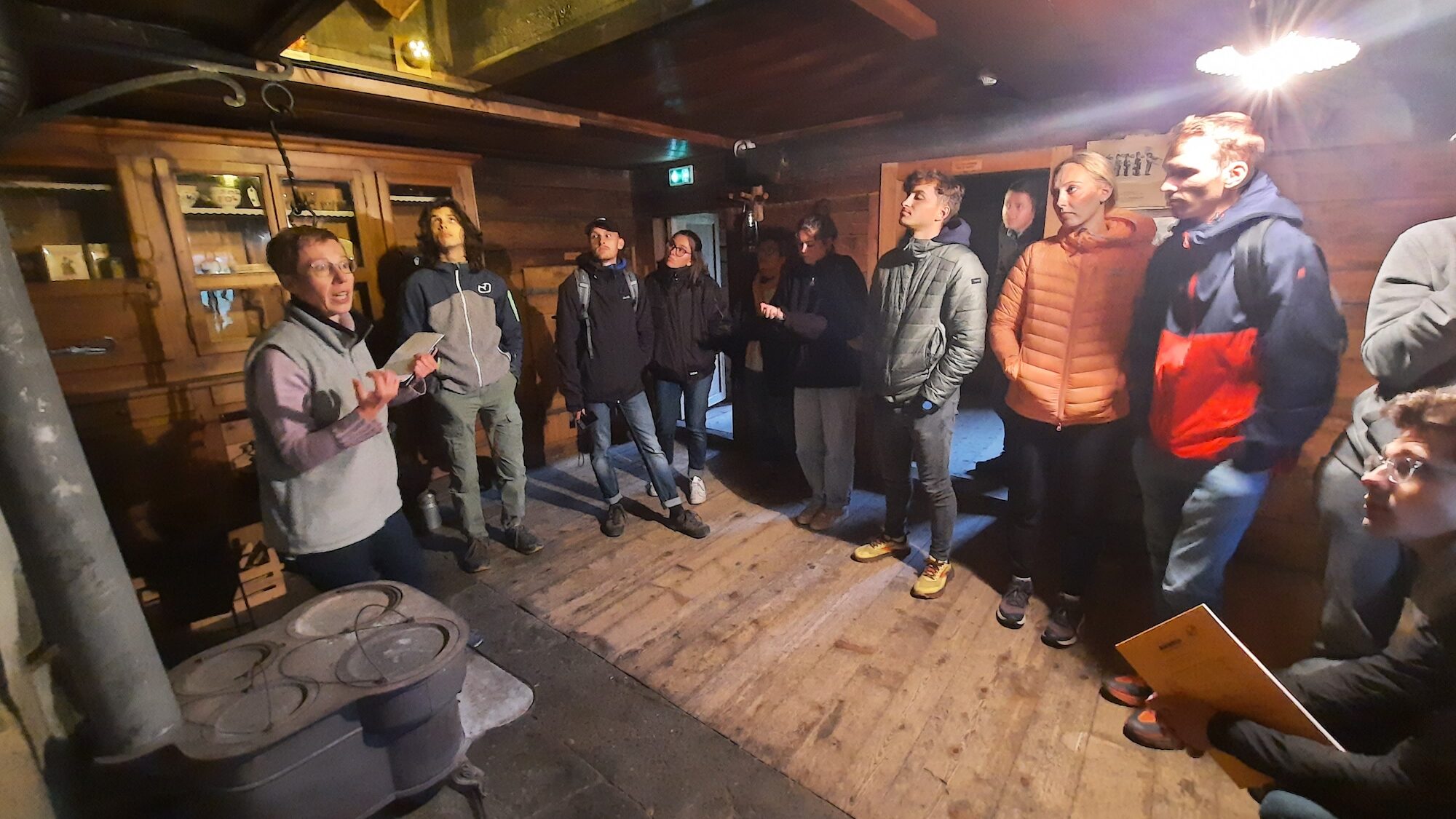Destination Grand Labo: imagining tomorrow’s mountains in an immersive workshop
Début du projet : 2022The project’s title is a play on words, highlighting its essence: collaboration between a university and a mountain region. Or when the resort town of Le Grand Bornand, and the professors, researchers and students of Savoie Mont Blanc University, join forces to meet the challenge of transitions linked to the eco-climatic crisis.
 © Fabien Hobléa
© Fabien Hobléa
Geography training at the Université Savoie Mont Blanc (USMB) is largely based on field experience. For several years now, the Master 1 Geographies and Mountains program has included a week’s immersion in a mountain region, to bring students from diverse backgrounds face-to-face with the realities of the issues addressed during their three years of undergraduate study, as seen in a mountain context.
For the 2022-2023 academic year, we wanted to go one step further by involving the entire incoming M1 class in a recently launched collaborative research-action project, the “Grand [La]Bo” program. This program brings together the political and economic players and the population of Grand Bornand with USMB teaching and research staff and their students. The aim is to imagine, on the basis of a scientifically established inventory, the possible ways and faces of the transitions announced to deal with the eco-climatic crisis, the problematic effects of which are now undeniable and particularly sensitive in these mid-mountain territories.
During their four-day stay at the end of September 2022, the 45 M1 Geographies and Mountains students worked in small groups with local stakeholders on a dozen themes related to the Grand-[La]bo issue, paving the way for more in-depth research on some of the key themes later on.
Training Aravis Bornes Climate and ecological transitions Natural areas, resources and biodiversity Tourism and recreational practices
